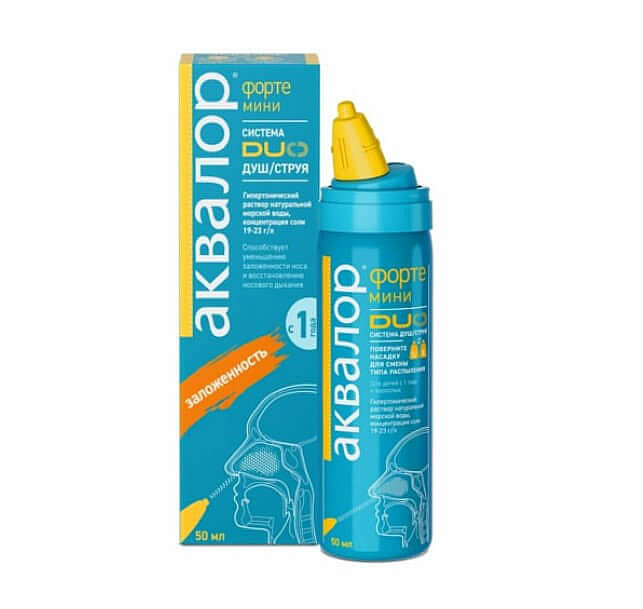Acute rhinitis in adults

Acute rhinitis in adults not only causes discomfort but also can lead to serious complications, making it important for timely treatment and attention.
Basic facts about rhinitis
A runny nose, or rhinitis, is characterized by stuffy nose and profuse secretions.
In adults, acute rhinitis most often results from inflammation or damage to the nasal mucosa.
The main causes of rhinitis are viruses, bacteria, or fungal infection.
Also, a runny nose may be caused by allergies, drugs, abnormal neuroreflex connections, or other factors.
The disease begins acutely but can become chronic if left untreated and worsens in unfavorable conditions.
Perhaps, there is not a single person on the planet, who in all his life has not faced with acute rhinitis. Rhinitis itself is unpleasant but not a serious threat. However, if untreated, the disease can spread to the ENT organs and respiratory tract, causing complications such as otitis media, bronchitis, sinusitis, pneumonia, and others.
Rhinitis can be infectious and noninfectious in nature. Infectious rhinitis is most common, especially during the cold season, when the person's body is weakened by hypothermia, viral infections, and a lack of vitamins and sunlight.
Signs and Stages of Acute Infectious Cold in Adults
Acute rhinitis can manifest in different ways depending on the form of the disease. It is most often a symptom of SARS, scarlet fever, or diphtheria.
Infectious acute rhinitis usually resolves in three stages:
Initial stage: Characterized by lack of discharge, dry mucosa, frequent sneezing, nasal itching, and general malaise. People may have headaches and fluctuations in temperature. It lasts about two days and is called dry.
Stage of discharge: The nose begins to secrete mucus actively, making breathing difficult because of severe edema. This stage lasts up to about three days.
Mucopurulent secretion stage: This stage improves the person’s overall condition. It is important that during the recovery period and cleansing of mucous membranes there are no complications of the disease.
Acute infective rhinitis
The duration of acute infectious rhinitis can vary depending on the state of the immune system. If immunity is strong, the disease can be mild and disappear within three days. However, if the body's immune defenses are weak, rhinitis may last for more than four weeks and become chronic.
Infectious rhinitis occurs in response to activation of opportunistic pathogens or invasion by pathogenic bacteria and viruses. It most often occurs through contact with a sick person, who is the source of the infection. Risk increases with hypothermia and various immunocompromising conditions. Also, rhinitis may occur if the immune system is weakened, leading to activation of opportunistic flora.
Treatment of Rhinitis in Adults
Treatment of rhinitis in adults is mainly aimed at relieving congestion in the nose. This is explained by the fact that reducing the discharge and restoring the patency of the nose significantly improve the patient's well-being. Bed rest is recommended in severe cases, especially if the temperature is high.
Treatment of rhinitis in adults is often conservative and includes vasoconstrictors and antimicrobials. Decongestants help relieve mucosal swelling, which decreases nasal congestion and mucus secretion. This has a positive effect on the condition of the mucous membrane, reducing inflammation.
Antimicrobial drugs are used to suppress the growth of pathogens and reduce the risk of complications.
Regardless of the form, any nasal drops should be restricted to 10 days. In exceptional cases, topical application may be prolonged up to 2 weeks, but prolonged use may result in vasomotor and allergic rhinitis due to impaired vasomotor regulation and loss of atrial epithelium.

